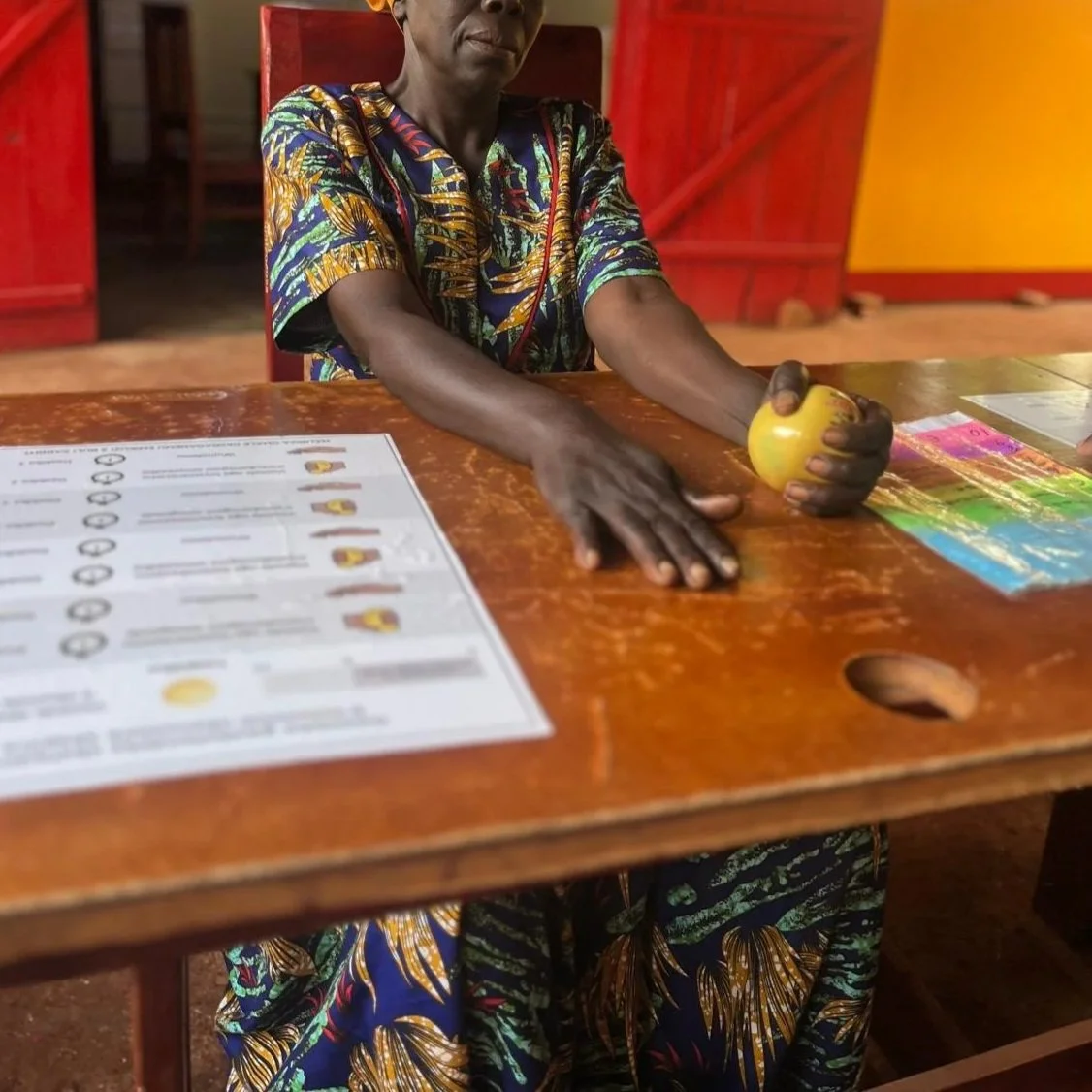
Welcome !
The Global Public Health Lab is an interdisciplinary research team led by Dr. Kate Zinszer. Drawing on tools from epidemiology, public health, global health, social sciences, informatics, and statistics, the lab tackles pressing global health challenges through applied research and deep collaboration with community and country partners.
Our work is grounded in real-world impact and driven by curiosity, data, and equity.
We focus on issues that demand urgent attention — and we're expanding into new and emerging areas:
The health effects of climate change
EcoHealth approaches to disease prevention
The role of artificial intelligence in global health
Innovative methods for monitoring, evaluation, and surveillance
Kate Zinszer, PhD
Research Chair
Tier 2 Canada Research Chair in Global Environmental Change and Infectious Diseases
In October 2024, Dr. Kate Zinszer was named Tier 2 Canada Research Chair in Global Environmental Change and Infectious Diseases, a prestigious appointment supported by the Canadian Institutes of Health Research.
Dr. Kate Zinszer brings science, data, and collaboration together to address the growing risks of infectious diseases in a changing world.
Our Work
A selection of current projects advancing public and global health through research, collaboration, and real-world impact.
CONTROLLED TRIAL
Getting a GRIP on Hypertension in Uganda: Giving Repetitive Isometric Exercise for Blood Pressure Control (GRIP in Uganda)
The GRIP in Uganda study is a Randomized Controlled Trial (RCT) conducted at the Allan Stone Community Health Clinic (Soft Power Health) in rural Uganda. This study aims to determine the efficacy of 12 weeks of Isometric Handgrip Training (IHT) on blood pressure levels compared to usual care in a population of hypertensive (stage 1) patients.
DENGUE SEROPREVALENCE AND INTERVENTION STUDIES
Cluster randomized controlled trial for Aedes control in Dhaka, Bangladesh (2023-2027)
The cRCT to measure the effectiveness of community mobilization in reducing dengue incidence in children is now being implemented in Dhaka, Bangladesh. In 2023-2024, we conducted a pilot study to adapt our study materials and protocol to the new site, and we began data collection for the cRCT in early 2025. The project aim remains the same: to determine if an EcoHealth intervention based upon community mobilization reduces the risk of dengue virus infection among 2 to 12 years olds compared to usual dengue control practice. Implementation science evaluations will allow us to understand how the intervention brings about sustainable change, the influence of context on the intervention, and the potential for transferability and scaling up.
COMMUNITY-BASED RESEARCH ON CLIMATE CHANGE
Climate Resilience through Youth Engagement: A Participatory Approach (2024-2025)
Using a youth-led participatory action research (YPAR) approach, this project aims to deepen our understanding of how climate change affects young people and to explore the benefits of their active engagement in climate-related activities, with a focus on enhancing mental health and community resilience. The study is taking place in Montréal-Nord and is led by a team of four youth researchers aged 17-20, who are supported by adult mentors and workshops throughout the research process.
Our team
Bringing together science, data, and community insight.
Shaping the future of global public health—together.
Read our publications
From infectious diseases to climate resilience and health equity. Read the publications shaping global public health research.










